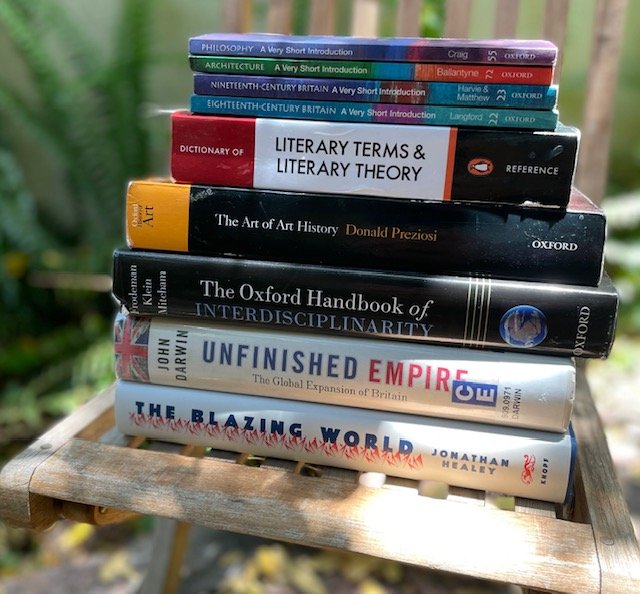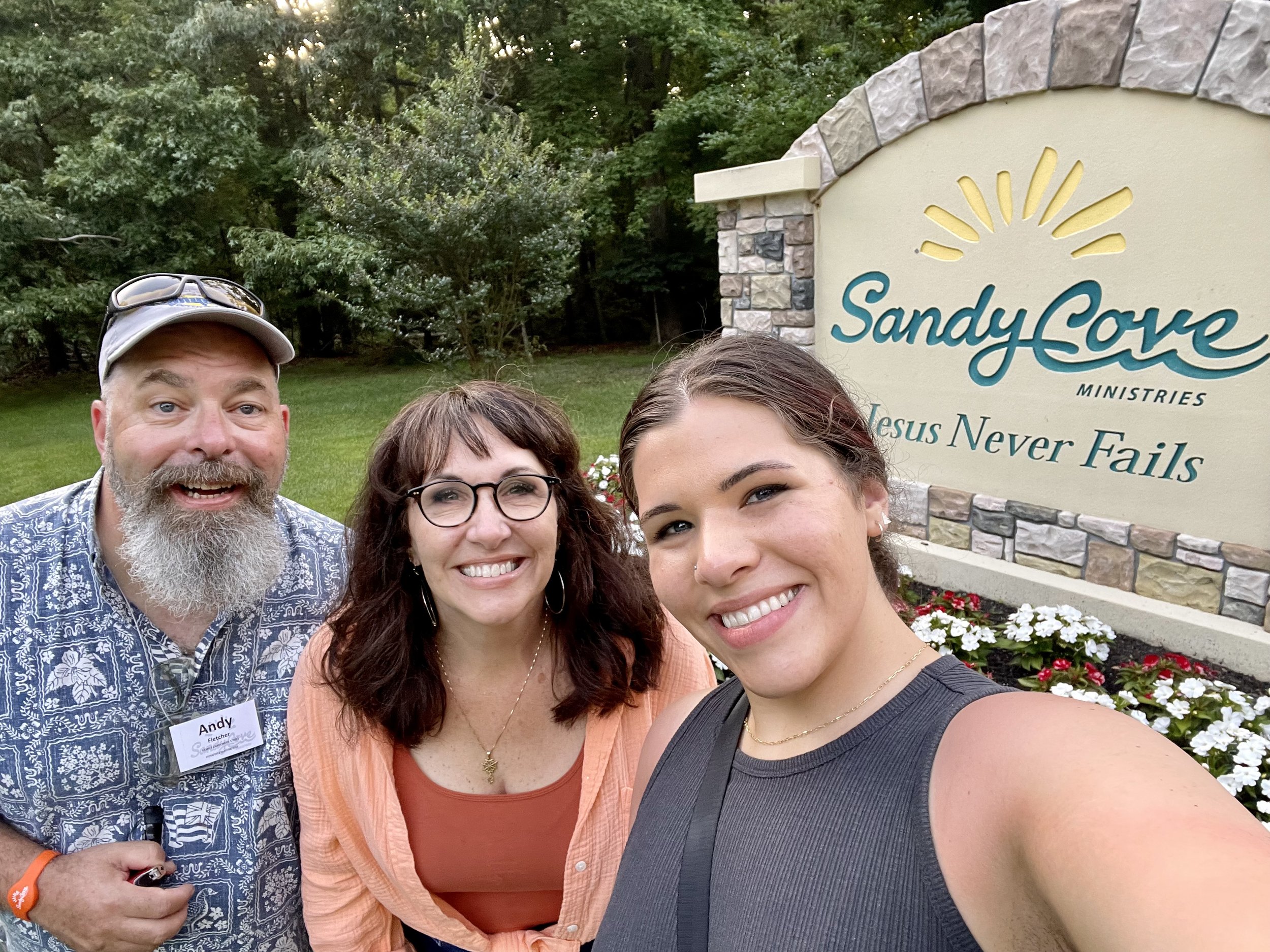We made it! Part 5 of our series on writing your own story. How are you doing getting yours written down?
5.
Patience.
It took so much time for Lost & Found to be published, and I was terribly confused at times because I was absolutely sure that this was what God wanted me to write. In the beginning, there was interest by a publishing house but that fell through and I even lost what had been a once-enthusiastic agent. Really, God? What happened to that still, small voice I was so sure I had heard, urging me to write this story and communicate the passion I had to see others free from the trap of religious pursuit?
I had to be reminded, quite literally, that even though I couldn't see what was going on behind the scenes, and even though I could not see where this was all eventually going to go, I needed to keep going. God communicated this to me through friends who didn't even know why they were telling me to keep going, just that they knew they should.
In this time of waiting, of learning to be patient, work. Edit. Rewrite. Think about your reach and ministry opportunities. Tell your story to those who will listen.
And dare I say it? Build a platform. I don't love that word or even that concept because it feels very much like you have to be somebody and you have to put yourself out there, but in a way, you do. You aren’t writing this book so that no one will read it. You need to have a way that people can hear your story - that’s what the platform is for.
Rest. Write. Pray. Pursue. Repeat.
Other Posts in This Series:
Part One: You have one audience.
Part Two: What God is laying on your heart is the most important thing to write.
Part Three: Grab every moment you can.
Part Four: Write down everything you remember.
Begin to build your own Write Your Own Story notebook with free printables to help you as you get started.






